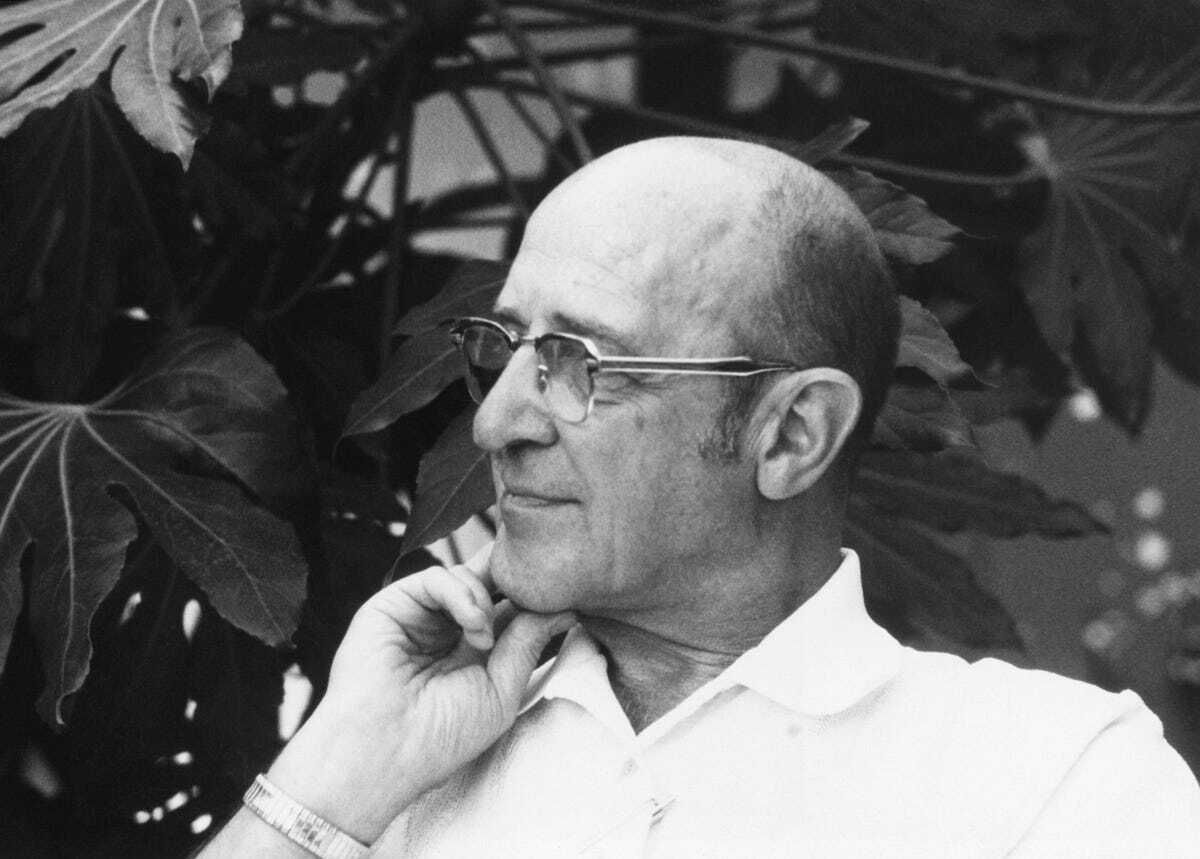
Who was Carl Rogers? Carl Rogers was a groundbreaking psychologist who changed how we think about therapy and personal growth. Born in 1902, he developed the person-centered approach, which emphasizes empathy, unconditional positive regard, and genuine interactions between therapist and client. His work has influenced not just psychology but also education, conflict resolution, and even business management. Rogers believed that people have an innate drive toward self-actualization, meaning they strive to become the best versions of themselves. His ideas continue to inspire and guide those seeking to understand human behavior and improve mental health practices.
Who Was Carl Rogers?
Carl Rogers was a groundbreaking psychologist who revolutionized the field of psychotherapy. His humanistic approach emphasized the importance of the individual's experience and the therapeutic relationship. Here are some fascinating facts about his life and work.
-
Born in 1902: Carl Rogers was born on January 8, 1902, in Oak Park, Illinois. His early life was marked by a strict, religious upbringing.
-
Agricultural Studies: Initially, Rogers studied agriculture at the University of Wisconsin-Madison before switching to history and then to psychology.
-
Ordained Minister: Before becoming a psychologist, Rogers attended the Union Theological Seminary in New York City, where he was briefly an ordained minister.
Contributions to Psychology
Rogers made significant contributions to psychology, particularly in the areas of psychotherapy and humanistic psychology. His theories and practices continue to influence the field today.
-
Client-Centered Therapy: Rogers developed client-centered therapy, which focuses on the client's perspective and emphasizes unconditional positive regard, empathy, and congruence.
-
Humanistic Psychology: He was a key figure in the development of humanistic psychology, which emphasizes the inherent goodness of people and their potential for personal growth.
-
Self-Actualization: Rogers believed in the concept of self-actualization, the idea that individuals have an innate drive to realize their full potential.
Major Works and Publications
Rogers authored numerous books and articles that have had a lasting impact on psychology. His writings are still widely read and studied.
-
"Client-Centered Therapy": Published in 1951, this book laid the foundation for his therapeutic approach and introduced many of his key concepts.
-
"On Becoming a Person": Released in 1961, this book is a collection of essays and lectures that explore his theories on personal growth and self-actualization.
-
"A Way of Being": Published in 1980, this book reflects on his life and work, offering insights into his philosophy and approach to therapy.
Influence and Legacy
Rogers' influence extends beyond psychology into education, counseling, and even business. His ideas have shaped various fields and continue to inspire new generations.
-
Educational Impact: Rogers' theories have influenced educational practices, promoting student-centered learning and the importance of a supportive learning environment.
-
Counseling and Social Work: His client-centered approach has been adopted in counseling and social work, emphasizing empathy and the therapeutic relationship.
-
Business and Management: Some of Rogers' principles, such as active listening and empathy, have been applied in business and management to improve leadership and team dynamics.
Personal Life and Interests
Beyond his professional achievements, Rogers had a rich personal life and diverse interests that shaped his worldview and work.
-
Family Man: Rogers was married to Helen Elliott for over 50 years, and they had two children together. His family life deeply influenced his work and philosophy.
-
Nature Lover: He had a profound love for nature, often finding solace and inspiration in the outdoors. This connection to nature influenced his holistic view of human well-being.
The Lasting Impact of Carl Rogers
Carl Rogers' contributions to psychology have left a lasting mark. His client-centered therapy shifted the focus from therapist-driven methods to a more empathetic, humanistic approach. This change has helped countless individuals find their own paths to healing. Rogers' emphasis on unconditional positive regard and active listening has influenced not just therapy but also education, management, and even parenting. His ideas encourage us to see the best in others and ourselves, fostering a more compassionate world.
Rogers' work reminds us that everyone has the potential for growth and self-improvement. By understanding and applying his principles, we can create more supportive environments in our personal and professional lives. His legacy continues to inspire new generations of psychologists and anyone interested in personal development. Carl Rogers' impact is undeniable, and his teachings remain relevant today.
Was this page helpful?
Our commitment to delivering trustworthy and engaging content is at the heart of what we do. Each fact on our site is contributed by real users like you, bringing a wealth of diverse insights and information. To ensure the highest standards of accuracy and reliability, our dedicated editors meticulously review each submission. This process guarantees that the facts we share are not only fascinating but also credible. Trust in our commitment to quality and authenticity as you explore and learn with us.


